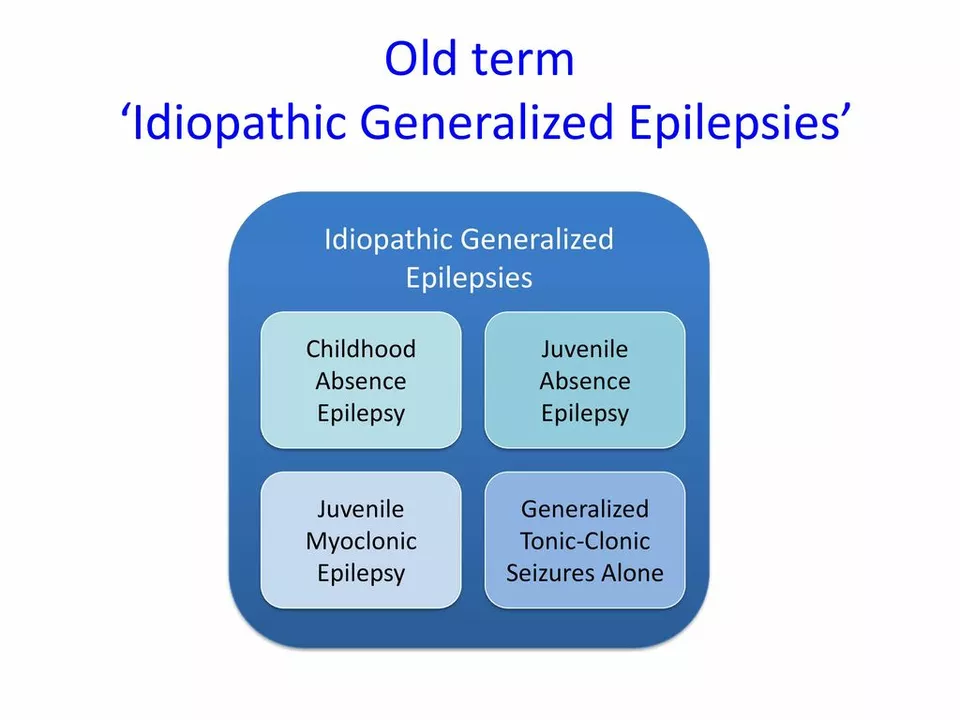Family Dynamics: Managing Health, Meds, and Caregiving
When a family member needs medication or ongoing care, roles change fast. Someone becomes the organizer, another becomes the question-asker, and emotions run high. That shift affects everyday life—timing of doses, doctor visits, who pays, and how you talk about tough topics like mental health or long-term treatment. This page gathers practical advice to help families handle those pressures without making things worse.
Talks that actually work
Clear conversations are the backbone of good family care. Start with short, specific questions: "Who will pick up prescriptions?" or "Who calls the GP if side effects appear?" Avoid long speeches. Use a shared note or a simple group chat to track tasks and appointments so nothing gets lost in memory.
Be direct about consent and privacy. If someone is uncomfortable sharing medical details, respect that—unless safety is at stake. For conditions with genetic links, like Clinically Isolated Syndrome or some chronic illnesses, keep the discussion factual: explain what the condition means for relatives and suggest professionals who can answer genetic questions.
Practical steps for day-to-day care
Set up a single place for all medication info: names, doses, timing, and why each drug is taken. A pill box with labeled days and times cuts errors. If shopping for meds online, check trusted guides on safe pharmacies and watch for scams—our site has several posts that walk you through safe buying and prescription rules.
Plan for side effects and what to do when they show up. For example, if a family member starts a new antibiotic or an antipsychotic, note common side effects and phone numbers for advice. Keep a short list of red-flag symptoms that prompt immediate medical attention.
Budgeting matters. Prescriptions, specialist visits, and extra supplies add up. Look into local support programs, prescription alternatives, or NHS guidance where relevant. Articles on metformin alternatives and co-pay rules explain how to find covered options and reduce out-of-pocket costs.
Caregiving is tiring; protect the caregiver too. Rotate tasks when possible, ask for small favors instead of big ones, and use respite options—short breaks help prevent mistakes and burnout. Talk openly about limits so nobody ends up resentful or overwhelmed.
Family dynamics change when health becomes a focus, but good systems and honest talks make a huge difference. Browse the tagged articles here for specific help—buying meds safely, understanding side effects, and navigating tricky medical choices with your family. Pick one practical change this week: start a shared medication list, schedule a chore swap, or call the pharmacy to confirm dosing. Small actions like that calm things down and keep everyone safer.
